Looking for some fun, free activities for toddlers? Check out the "Imagination Tree" Web site. http://theimaginationtree.com/tag/toddler-play
NHSA Advocacy Page
Want a quick guide to the National Head Start Association's advocacy work? This page lists top issues and has links to ways to become involved. http://www.nhsa.org/knowledge-center/center-advocacy/top-issues
Children's Hospital of Philadelphia Release: Children In Low-Income Families Exhibit Poorer Cognitive Development As Early As Age One
Children's Hospital of Philadelphia Release: Children In Low-Income Families Exhibit Poorer Cognitive Development As Early As Age One
By age one, infants in low-socioeconomic families have already been exposed to greater environmental disadvantages that contribute to poorer cognitive and language development, according to a new study from PolicyLab and the Division of Neonatology at Children's Hospital of Philadelphia (CHOP). Published in the Journal of Developmental & Behavioral Pediatrics, this study shows that poverty can impact a child's development as early as age one.
http://www.biospace.com/News/childrens-hospital-of-philadelphia-release/462720
2017 Home Visiting Yearbook is Available
From the National Home Visiting Resource Center: https://www.nhvrc.org/wp-content/uploads/NHVRC_Yearbook_2017_Final.pdf
Talk, Read, and Sing Together Every Day!
Talk, Read, and Sing Together Every Day!
Research has found that providing children from birth to five with consistent, language-rich experiences—such as talking, reading, and singing—can have important benefits on their brain development and future school success. However, many families lack access to the types of resources that can help them make the most of these language building experiences. This creates a gap in the quantity and quality of words that children learn, which directly impacts their opportunities to succeed in school and later in life. These tip sheets, available in English and Spanish, have been designed specifically for families, caregivers, and early educators. They can help enrich a child’s early language experiences by providing research-based tips for talking, reading, and singing with young children every day beginning from birth. Sample topics include It’s Never Too Early to Help Your Child Learn – Talk, Read, and Sing Together Every Day, Tips for Using Language at Home and in the Community, and The Benefits of Being Bilingual.
2017 Kansas Conference on Poverty
What does early childhood have to do with America’s workforce problem? A lot, actually
American business depends on a strong workforce, now and in the future, to compete and succeed globally. But America is facing an unprecedented workforce crisis: a large and growing shortage of skilled workers. From the banks on Wall Street to the shops on Main Street, the world of work is changing — and our strategies for developing tomorrow’s workforce must change with it.
Head Start Smiles for Life
Thanks to the dedicated work of our own Kathy Hunt from Oral Health Kansas and many others, the Kansas Department of Health and Environment has taken its first in-depth look at the oral health status of a representative sample of Head Start children throughout the state. Read the Head Start Smiles for Life here. .http://www.kdheks.gov/o…/download/HeadStartSmilesForLife.pdf
1 in 3 Kansas Kids is Covered by Medicaid
The Kaiser Family Foundation has released new Medicaid Fact Sheets with information by state. The information for Kansas is contained in two easy-to-read pages of infographics.
Highlight from KFF Fact Sheet "Medicaid in Kansas"
Region VII Sandbox Call for Submissions
It is time to submit your content for the Summer issue of the R7HSA Head Start Sand Box magazine. Each quarter we assemble a collection of inspiring and informational stories intended to spread the word about the amazing work you do every day, for the children and families you serve. http://www.r7hsa.com/wp-content/uploads/2016/07/Call-for-Submissions-R7-Sand-Box.pdf







